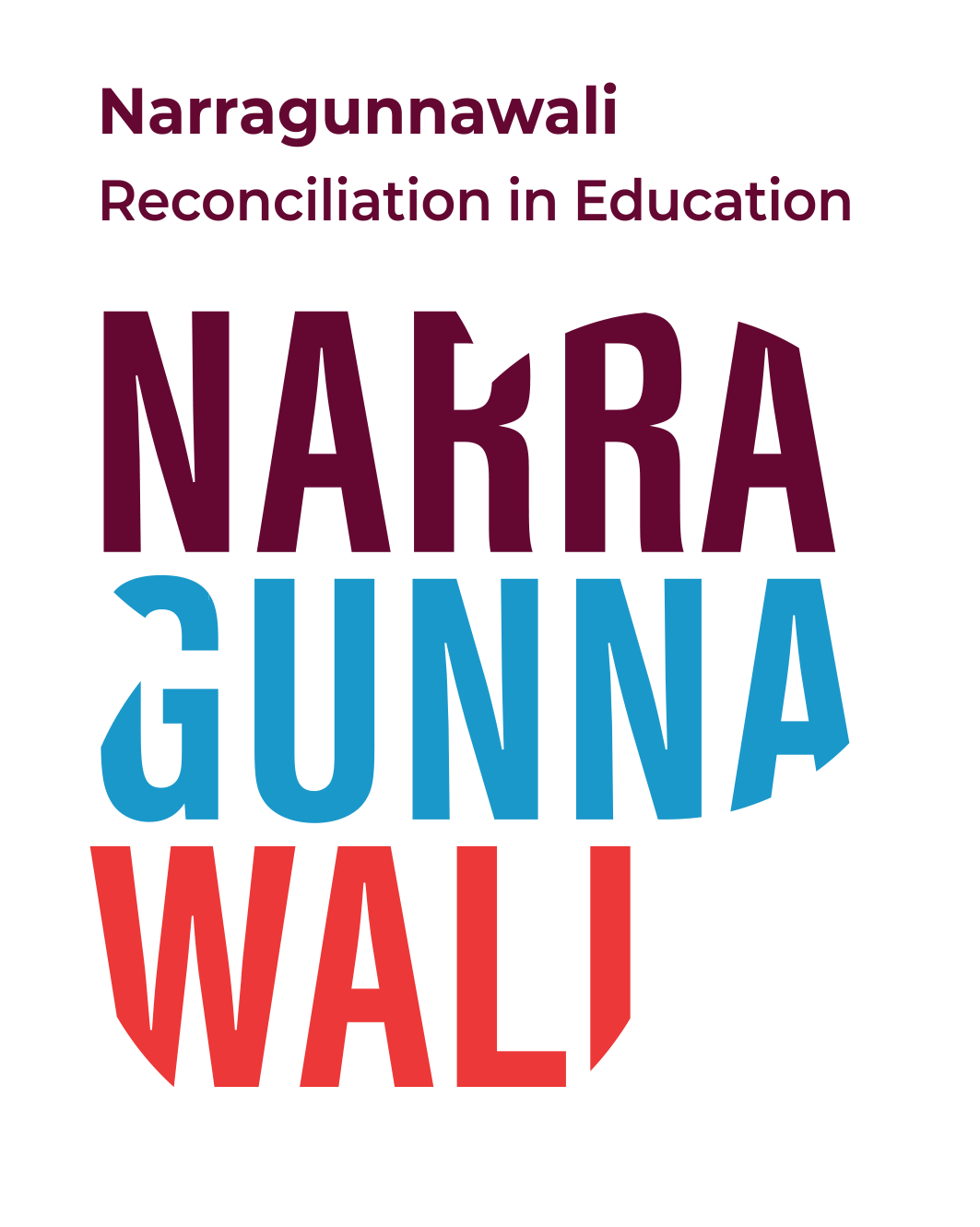Teacher Feature – Sherri Bryers, Tasmania
We sat down with First Nation's Educator, descendant of Boigu and Wuthathi Sherri Bryers, to talk about her experience as a teacher, developing a successful RAP, this year's NRW theme and truth telling in the education space.

Sherri and Her Daughter.
Image Supplied by Sherri Bryers
Can you please introduce yourself?
Prepare yourself, as I am about to take you on a journey across Australia!
My name is Sherri Bryers, a descendant of Boigu Island in the Torres Straits and Wuthathi Tribe in Far North Queensland. I was born and raised in Alice Springs, spending most of my life and career in either Alice Springs or Darwin. After 14 years of living and working on Larrakia land, my family made a huge move to lutruwita, Tasmania. With 23 years of experience in education, I spent 18 years in the classroom and the remainder within the Catholic Education Northern Territory Office. I am fortunate to have graduated with expertise in four teaching areas: Visual Arts, Modern and Ancient History, Studies of Society and Environment, and Aboriginal and Torres Strait Islander Studies. I have taught at various times in my career, in my specialised areas, and more.
I was inspired to pursue a career in education to see more Aboriginal and Torres Strait Islander individuals become educators, not just as teacher aides but as fully qualified teachers. Being a mother of three children, I understand the significance of setting an example, especially since my 16-year-old has never had an Aboriginal and/or Torres Strait Islander teacher, and she only has the next year left.
I find myself two months into a career transition and a new role. Departing from the comforting familiarity of education after 23 years has required some adjustment, yet my deep-seated dedication to reconciliation has propelled me forward. I have recently joined Reconciliation Australia as the Senior Manager for Community Truth-telling Pathways. This fresh endeavour aims to foster truth-telling across diverse communities. Stay tuned for the official rollout of the Reconciliation Australia Community Truth-telling Pathways program, an exciting and vital journey within the truth-telling ecosystem.
You've been involved in developing Narragunnawali RAPs as a schoolteacher and have also worked on RAPs at the organisational level, supporting school networks. In your experience, what makes a RAP successful?
The success of a RAP hinges entirely on the engagement of the school community. Factors such as funding, time commitments, and a supportive learning and exploration environment are crucial in this context. I often liken it to baking a cake—how can one bake a cake without bakers or ingredients? Similarly, a RAP within a school requires the understanding and commitment of the entire school community to function effectively.
What does this year's NRW theme Now More Than Ever mean in education?
We find ourselves in a post-referendum era where I have personally witnessed the profound impact of the no campaign. Despite our earnest efforts, the outcomes yielded different results. The failed referendum, its lead-up, and subsequent aftermath directly affected Aboriginal and Torres Strait Islander individuals and communities within the education sector. Yet, now more than ever, we confront significant gaps in public awareness regarding matters concerning Aboriginal and Torres Strait Islander peoples. The referendum catalysed a surge of misinformation concerning First Nations issues in our nation. Hence, it is imperative to seize this moment to rectify these misconceptions and educate the broader Australian populace.
What might truth-telling processes look like in education systems and institutions?
I realised three years ago that more needs to be done in this realm. Following the facilitation of a one-day cultural orientation program for new teachers entering the Catholic system in the Northern Territory, I was approached by a deeply unsettled graduate teacher. She expressed feeling failed by her education, questioning why she was only now being exposed to these issues. This raised a pertinent question: while truth-telling has existed within education for many years, it has often remained confined to certain pockets. Therefore, truth-telling within education should involve exposure followed by actionable steps. If executed effectively, the ripple effects within this domain could be immeasurable.
What advice do you have for schools or early learning services just starting their reconciliation journey?
Do not undertake this journey to simply tick a box; immerse yourself fully in the process. There is an array of support available to organisations embarking on this journey. Remember to involve students and parents every step of the way and take the time to buid a solid foundation. It's crucial to understand that there is no 'reconciliation police', so learning and improvement occur continually and gradually over the maturing of your RAP. Utilise the resources provided by Reconciliation Australia and Narragunnawali to craft a dynamic and evolving RAP document that encapsulates the context of your educational community.

